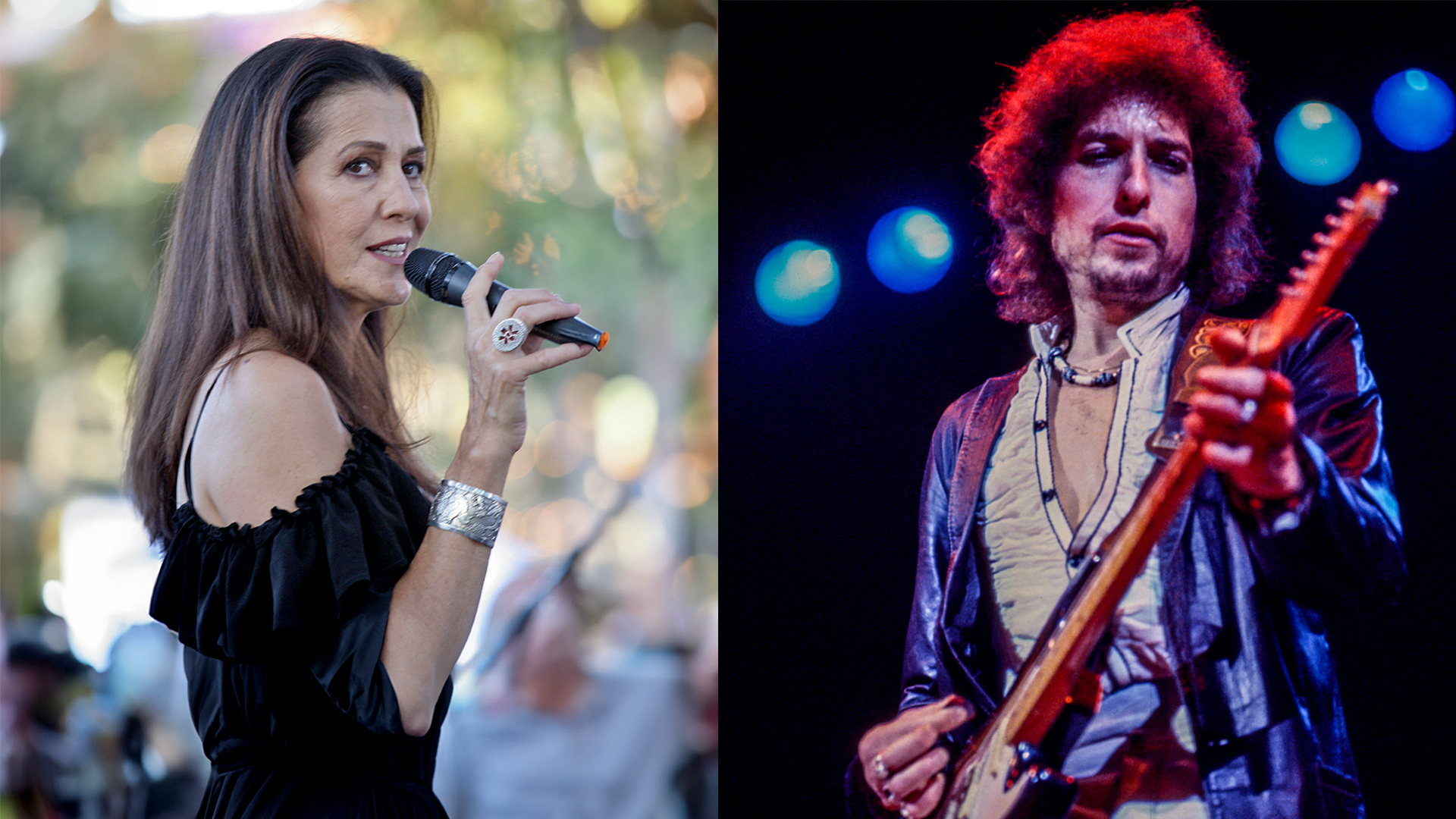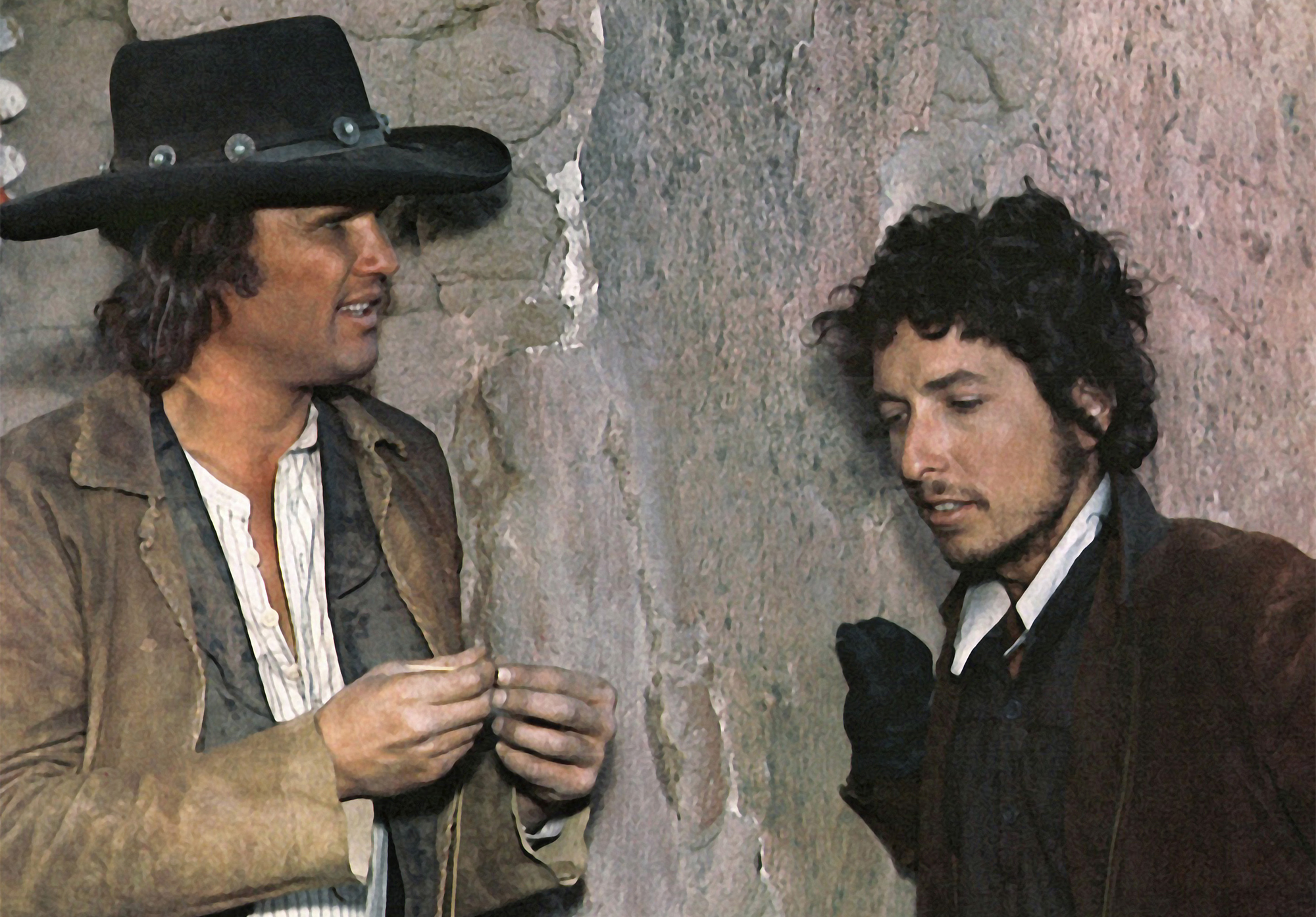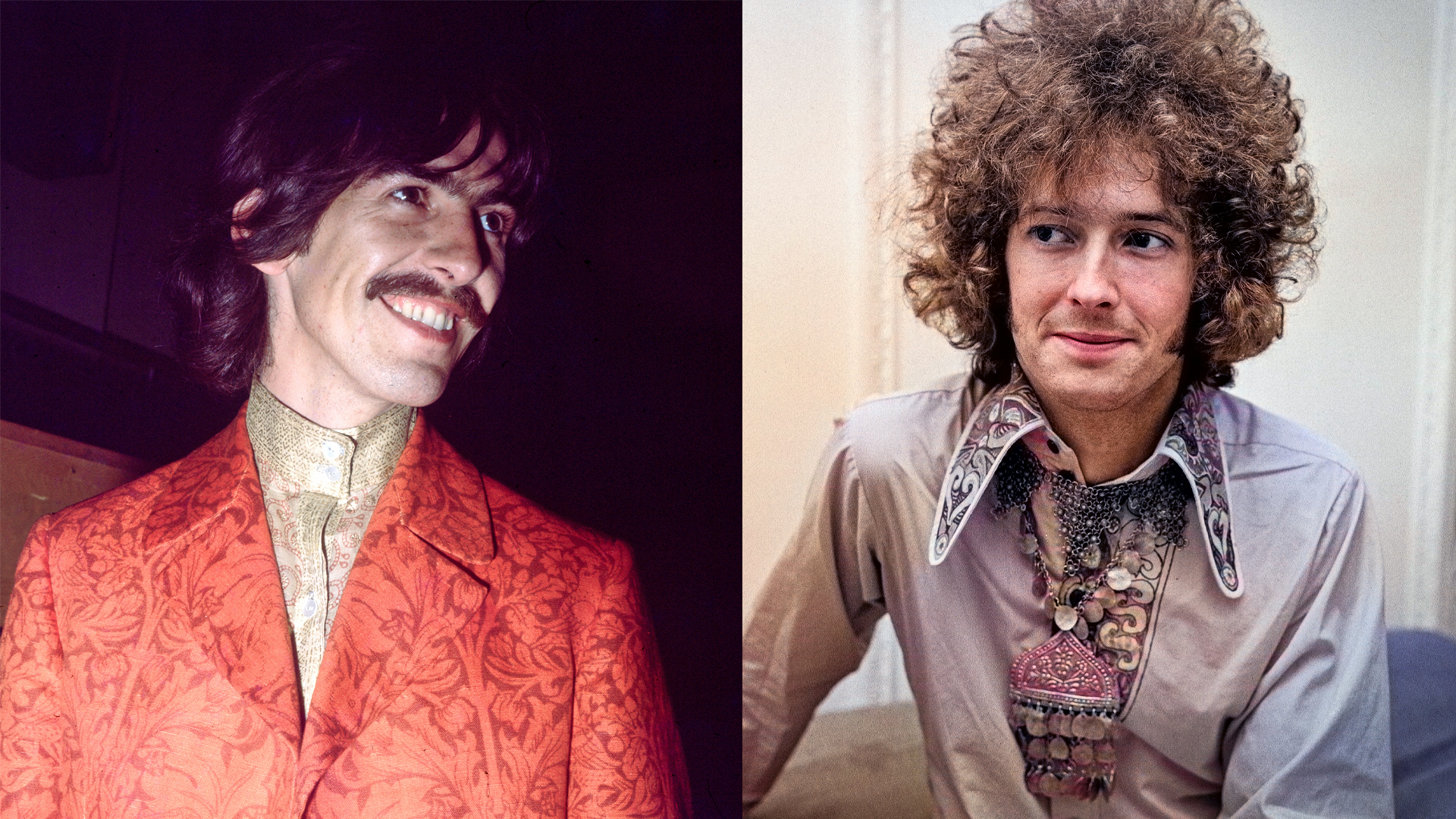“Bob's like, ‘No way, that's not how I'm doing it tonight.’” Rita Coolidge says Bob Dylan’s quirky habit confused everyone during the making of his worldwide hit “Knockin’ on Heaven's Door”
The singer saw Dylan's unusual ways up close while working with him on the 1973 film 'Pat Garrett and Billy the Kid'

“Quirky.” That’s the word singer Rita Coolidge chooses when talking about Bob Dylan.
The folk legend has baffled many of his collaborators over the years. Former Tom Petty and the Heartbreakers guitarist Mike Campbell recalls Dylan’s confusion over drum machines, remarking, “It won't follow me? What good is it?” Folk-rocker Roger McGuinn remembers how the guitarist fought to have his name taken off their co-write “Ballad of Easy Rider” because he was disappointed to discover the movie wasn’t the low-budget B-movie he had assumed it was.
Coolidge discovered Dylan’s temperamental nature for herself when she was singing backing vocals on “Knockin’ on Heaven’s Door.” He composed the acoustic guitar–driven hit for the 1973 Sam Peckinpah western Pat Garrett and Billy the Kid, which starred Dylan alongside singer-songwriter — and Coolidge’s future husband — Kris Kristofferson in the part of Billy the Kid. Coolidge had the small role of Maria.
She first met Dylan and his wife, Sara, on the movie’s set in Mexico City. Like many others, she found his ways a little odd.
“Bob would go into the wardrobe truck and decide which hat he was going to wear that day,” she told the Church Studio. “And then, for the next scene, if he was able to get another hat, he would.
“He had a thing.
“One day, I was at the house. Sara said, ‘Let me show you something.’ She opened the door and the closet was stacked this high with hats.
All the latest guitar news, interviews, lessons, reviews, deals and more, direct to your inbox!
“So Bob was wearing his hats home. He'd go to work the next morning and Peckinpah would go, ‘Where's the hat you had last night?’ ‘Don't have it anymore.’
“They were all in his closet.”

In addition to acting in the film, Dylan wrote its score and songs, which included “Knockin’ on Heaven’s Door.” Coolidge was among the background singers on the track and recalls Dylan’s habit of making changes on the fly without alerting anyone.
“We’re trying to sing background with him, but he kept changing the lyrics,” she recalls. “So we'd get to the part where we're supposed to be singing with him — he's singing something else.
“He did that once at a Christmas party, or a New Year's Eve party,” she adds. “He was playing ‘Mr. Tambourine Man,’ and he kept rewriting lyrics, and everybody's trying to sing along. He's like, ‘No way, that's not the way I'm doing it tonight.’
“He’s a quirky guy.”
Consisting of just two short verses and a refrain, and lasting all of two and a half minutes, “Knockin’ on Heaven’s Door” speaks directly to the scene for which it was written, showing the death of a frontier lawman, played by movie western actor Slim Pickens.
With its stark lyrics and bare-bones structure — the chords and melody are virtually the same from one line to the next — “Knockin’ on Heaven’s Door” was a beguiling tune with a strong spiritual bent at a time when evangelicalism and the spiritual movement were growing. The tune became a global hit and is notable as one of Dylan’s most famous post-1960s songs. It’s been covered by many artists, including Eric Clapton, Randy Crawford and, most famously, Guns N’ Roses, who gave the acoustic-rock classic an electric update.
Coolidge — who inspired Leon Russell to write Joe Cocker’s hit song “Delta Lady” — has certainly worked with her fill of unpredictable musicians. Kristofferson, with whom she released three albums, once famously landed a helicopter on Johnny Cash’s Nashville yard around 1969 just to hand him his demo tape. Coolidge was also both mystified and angered when Eric Clapton used her song “Time” — which she wrote with drummer Jim Gordon — as the piano coda for the Derek and the Dominos hit “Layla,” without giving her credit. She’s continue to crusade for a co-write on social media and in interviews.
Christopher Scapelliti is editor-in-chief of GuitarPlayer.com and the former editor of Guitar Player, the world’s longest-running guitar magazine, founded in 1967. In his extensive career, he has authored in-depth interviews with such guitarists as Pete Townshend, Slash, Billy Corgan, Jack White, Elvis Costello and Todd Rundgren, and audio professionals including Beatles engineers Geoff Emerick and Ken Scott. He is the co-author of Guitar Aficionado: The Collections: The Most Famous, Rare, and Valuable Guitars in the World, a founding editor of Guitar Aficionado magazine, and a former editor with Guitar World, Guitar for the Practicing Musician and Maximum Guitar. Apart from guitars, he maintains a collection of more than 30 vintage analog synthesizers.

